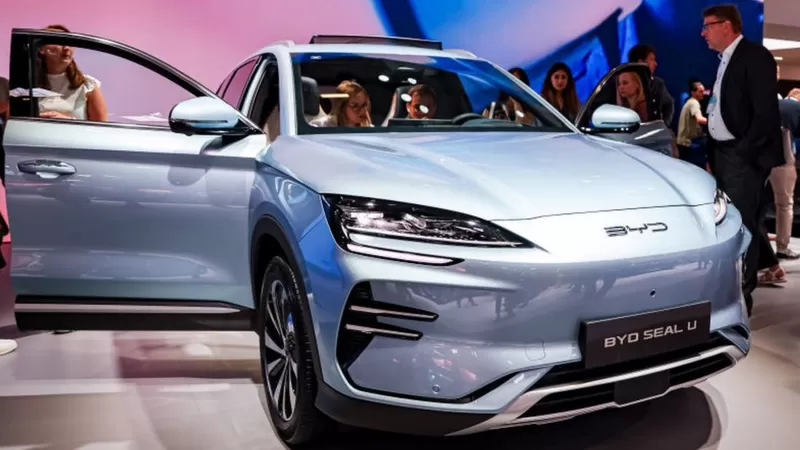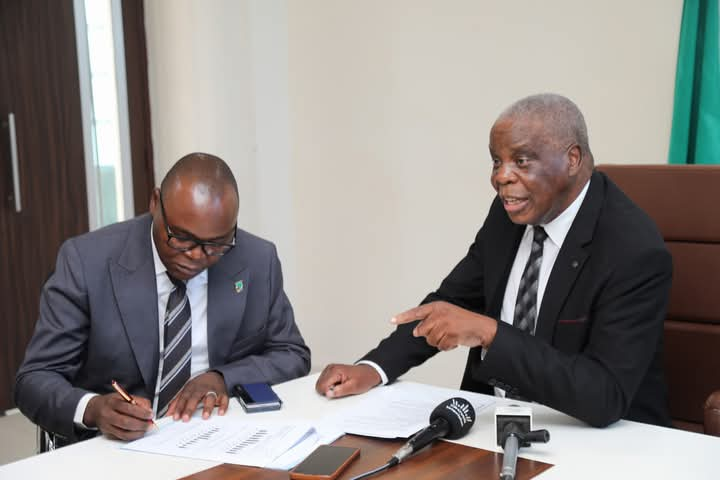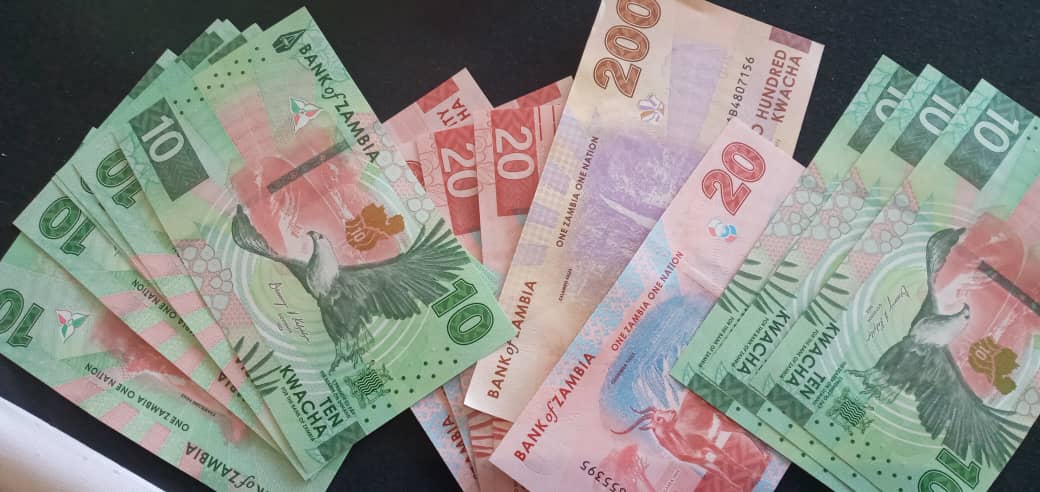Electric car maker Tesla has a Chinese rival in its rear-view mirror.
Shares in BYD, or Build Your Dreams, jumped this week after it said it expected third-quarter profits to more than double compared with last year.
BYD is now ahead of Tesla in quarterly production – and second to the US car maker in global sales.
Its success is also a sign of just how much China’s auto industry is growing – China overtook Japan this year to become the world’s biggest exporter.
It’s a bright spot in a sluggish Chinese economy that is reeling from a severe property crisis and record unemployment.
But, on the less bright side, Beijing’s tensions are also growing with many of the countries – not least the US and European Union nations – that are export markets for its electric vehicles or EVs. As the world shifts to new, cleaner technologies, this is yet another example of how tough it will be for Western countries to move away from their reliance on Chinese goods.
How BYD built its dreams
It had an advantage from the start: unlike car makers who expanded to build electric models, BYD was originally a battery company that later started making cars.
Its chief executive Wang Chuanfu, now reportedly worth $18.7bn, was born in Wuwei County to a family of farmers in one of China’s poorest provinces in 1966. Mr Wang was orphaned as a teenager and raised by his older brother and sister.
After earning degrees in engineering and the physical chemistry of metallurgy, he co-founded BYD along with his cousin in Shenzhen in 1995. The duo made a name for themselves as manufacturers of rechargeable batteries – used in smartphones, laptops and other electronics – that competed with pricier Japanese imports.
It became a publicly traded company in 2002. And it soon diversified by purchasing a struggling state-owned car manufacturer, Qinchuan Automobile Company.
EVs were still in their infancy then but Beijing officials were looking for a gap in the market that China could fill. In the early 2000s, they introduced subsidies and tax breaks as the government prioritised renewable energy production.
For BYD, it was the perfect timing. The batteries it had been making were effectively the engines that would power EVs.
In 2008, US billionaire investor Warren Buffet bought a 10% stake in BYD Auto, saying that it would one day become “the largest player in a global automobile market that was inevitably going electric”.
And he was right. Today, China dominates global EV production largely because of BYD. And Beijing is keen to retain that lead – last June, it offered EVs $72.3bn worth of tax breaks over four years – the biggest incentive at a time when sales have slowed.
Analysts say BYD owes its growth to its original business – batteries. They are among the most expensive parts of an EV and making them in-house saves BYD a lot of money. Competitors, including Tesla, rely on third-party manufacturers for batteries.
“The BYD Seal has a 15% advantage over Tesla’s Chinese-made base Model 3 sedan,” according to a UBS report.
BYD’s entry level EV – Seagull – sells at $11,000. Tesla recently unveiled a Model 3 sedan, whose starting price in China was almost $36,000.
And the Chinese company seems to be a hit beyond the EV market too – it beat Germany’s Volkswagen as China’s top-selling car brand earlier this year.
BYD versus Tesla
Elon Musk laughed during a 2011 television interview when asked about BYD and Chinese competitors. At the time, Tesla was still a young publicly-traded company and had just unveiled a prototype of the first car they would launch – Model S.
Today, Mr Musk is probably regretting his response. Tesla sold 74,073 Chinese-made EVs in September, almost an 11% decrease compared to the previous year, according to recent data from the China Passenger Car Association.








